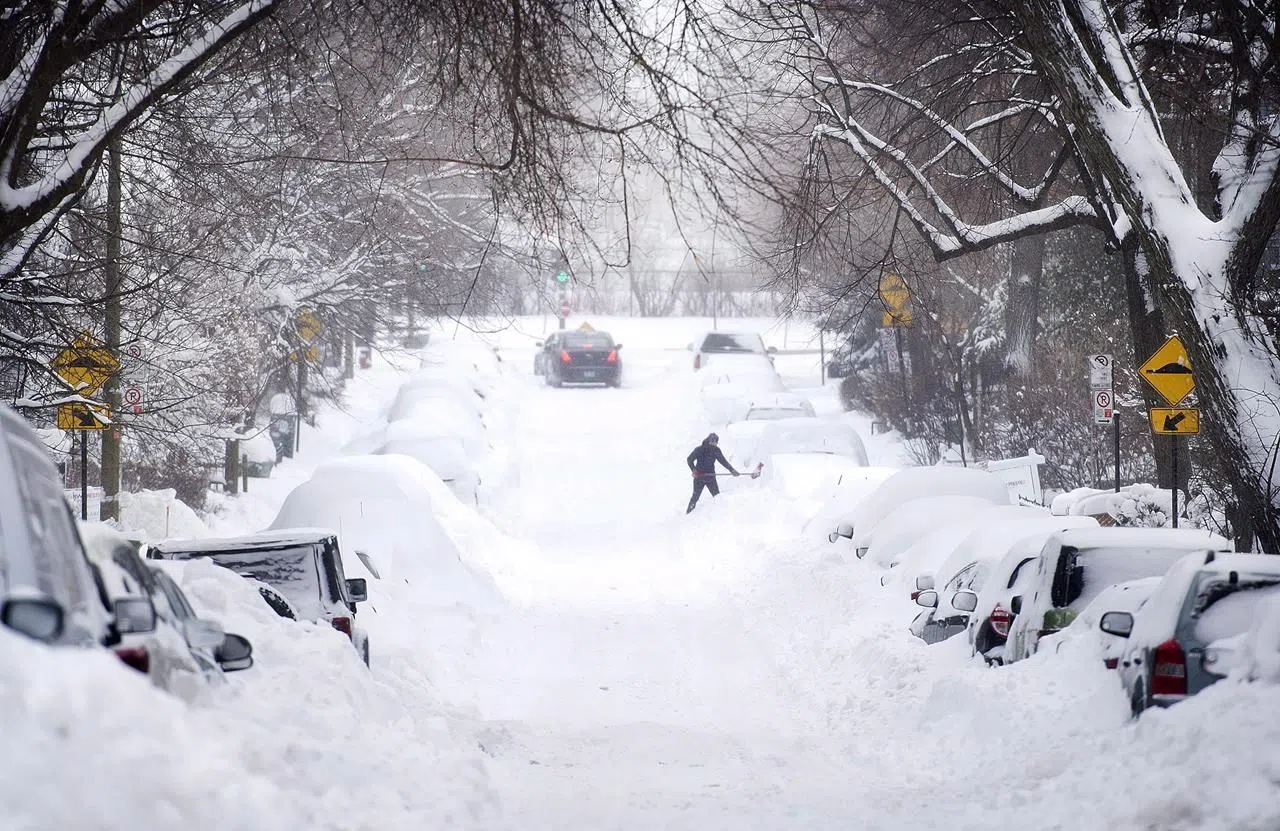
Quebec reaches deal to compensate motorists trapped on highway in 2017 storm
MONTREAL — People who were trapped for hours on a Montreal highway following a massive 2017 snowstorm will each receive up to $1,375 from the province, lawyers for the stranded motorists announced Thursday.
The payments result from a partial settlement of a class action lawsuit against the Quebec government and the city of Montreal. The lawsuit had been authorized by the Quebec Superior Court and will continue against the city, which so far has refused to negotiate, according to the motorists’ lawyers.
A storm that began on the evening of March 14, 2017, dropped more than 35 centimetres of snow on the city overnight, stranding hundreds of motorists on Highway 13, some of whom had to stay in their cars until the morning. The government later acknowledged that emergency services were badly managed that night.
Marc-Antoine Cloutier, the lead lawyer representing plaintiffs, said his clients were traumatized.


